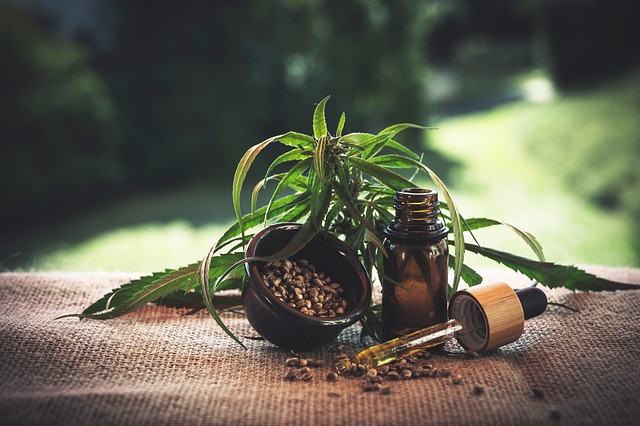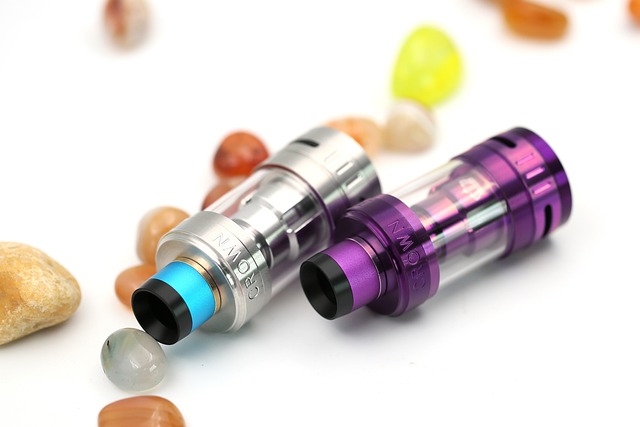Marijuana is a popular recreational drug that has gained acceptance in recent years for its medicinal properties. The psychoactive compound in marijuana, delta-9-tetrahydrocannabinol (THC), interacts with the endocannabinoid system in the brain, producing various effects, including euphoria, relaxation, and altered perceptions. However, the long-term use of marijuana has been linked to negative effects on brain health. In this article, we will explore the effects of marijuana on brain health and provide tips on how to maintain a healthy brain.
Effects of Marijuana on Brain Health
The use of marijuana has been associated with various effects on brain health, including:
- Impaired Memory and Cognitive Functioning: Long-term marijuana use has been linked to impaired memory and cognitive functioning. Studies have shown that marijuana use can affect the ability to recall information, pay attention, and concentrate.
- Altered Brain Structure: Chronic marijuana use has been shown to alter the structure of the brain. Research has found that long-term marijuana use can lead to a decrease in the volume of the hippocampus, a brain region that plays a crucial role in memory and learning.
- Increased Risk of Mental Health Issues: Marijuana use has been linked to an increased risk of mental health issues such as depression, anxiety, and psychosis. Heavy marijuana use during adolescence has been associated with an increased risk of developing schizophrenia later in life.
- Addiction: Marijuana use can lead to addiction. Long-term marijuana use can alter the reward system in the brain, making it difficult to quit using the drug.
Guidelines for Safe Marijuana Use
If you choose to use marijuana, it is important to use it safely and responsibly to minimize the negative effects on brain health. Here are some guidelines for safe marijuana use:
- Start with a low dose: Begin with a small amount of marijuana and gradually increase the dosage to determine your tolerance. It is important to note that the potency of marijuana can vary greatly, so it is essential to start with a small amount and wait for the effects to take hold before consuming more.
- Avoid frequent use: Frequent marijuana use can increase the risk of negative effects on brain health. To minimize the risk, avoid using marijuana on a daily basis and limit use to occasional or recreational purposes.
- Avoid using marijuana during adolescence: The adolescent brain is still developing and is more vulnerable to the negative effects of marijuana. Avoid using marijuana during adolescence to prevent negative effects on brain development.
- Avoid smoking: Smoking marijuana can have negative effects on lung health and can be harmful to the brain. Consider using other forms of marijuana, such as edibles or tinctures, to avoid the negative effects of smoking.
- Use marijuana in a safe environment: Use marijuana in a safe and comfortable environment where you feel relaxed and free from distractions. Avoid using marijuana in stressful or unfamiliar environments.
- Avoid combining marijuana with other substances: Combining marijuana with other substances, such as alcohol or prescription drugs, can increase the risk of negative effects on brain health. Avoid combining marijuana with other substances to prevent negative effects.
- Take breaks: Take regular breaks from using marijuana to allow your brain to recover and minimize the risk of negative effects on brain health. Consider taking a break for several weeks or months to allow your brain to recover fully.
It is important to use marijuana safely and responsibly to minimize the negative effects on brain health. If you are concerned about the negative effects of marijuana on your brain health, consider speaking with a healthcare professional for guidance and support.
Additional Tips for Maintaining Brain Health
Maintaining a healthy brain is essential for overall health and well-being. Here are some tips for keeping your brain healthy:
- Exercise Regularly: Regular exercise has been shown to have numerous benefits for brain health. Exercise can increase blood flow to the brain, stimulate the growth of new brain cells, and improve memory and cognitive function.
- Eat a Healthy Diet: A healthy diet is essential for brain health. Eating a diet rich in fruits, vegetables, whole grains, and lean protein can provide the nutrients that the brain needs to function optimally.
- Get Enough Sleep: Sleep is crucial for brain health. Getting enough sleep can improve memory, cognitive function, and mood. Adults should aim for 7-8 hours of sleep each night.
- Reduce Stress: Chronic stress can have a negative impact on brain health. Practicing relaxation techniques such as meditation, deep breathing, and yoga can help reduce stress and promote brain health.
- Stay Mentally Active: Staying mentally active is essential for maintaining brain health. Engaging in activities that challenge the brain, such as reading, learning a new skill, or doing puzzles, can help keep the brain sharp.
Conclusion
Marijuana use can have various effects on brain health, including impaired memory and cognitive functioning, altered brain structure, increased risk of mental health issues, and addiction. Maintaining a healthy brain is essential for overall health and well-being. If you are using marijuana, it is important to use it responsibly and in moderation to minimize the negative effects on brain health.
Image by Julia Teichmann from Pixabay
Brain
-

10 Easy Memory Boosters that You Must Try Today
In today’s fast-paced world, it’s easy to feel overwhelmed and forgetful. Memory is a crucial aspect of our lives, and it’s essential to keep it sharp and healthy. Natural remedies can great memory boosters without relying on prescription medications or synthetic supplements. In this article, we’ll discuss some of the best memory boosters to improve…
-

Eliminate Brain Fog With These Powerful Herbal And Kitchen Remedies
-

Why is Vaping Bad for your Brain health and How to Minimize the Negatives?
-

How Preserve Brain Health When You Use Marijuana?
-

How to Protect Your Brain Health from the damaging effects of Alcohol?
-

Exercise Improves Your Brain Health
-

How Tobacco Impacts on Brain Health and What can You Do About It?








Leave a Reply